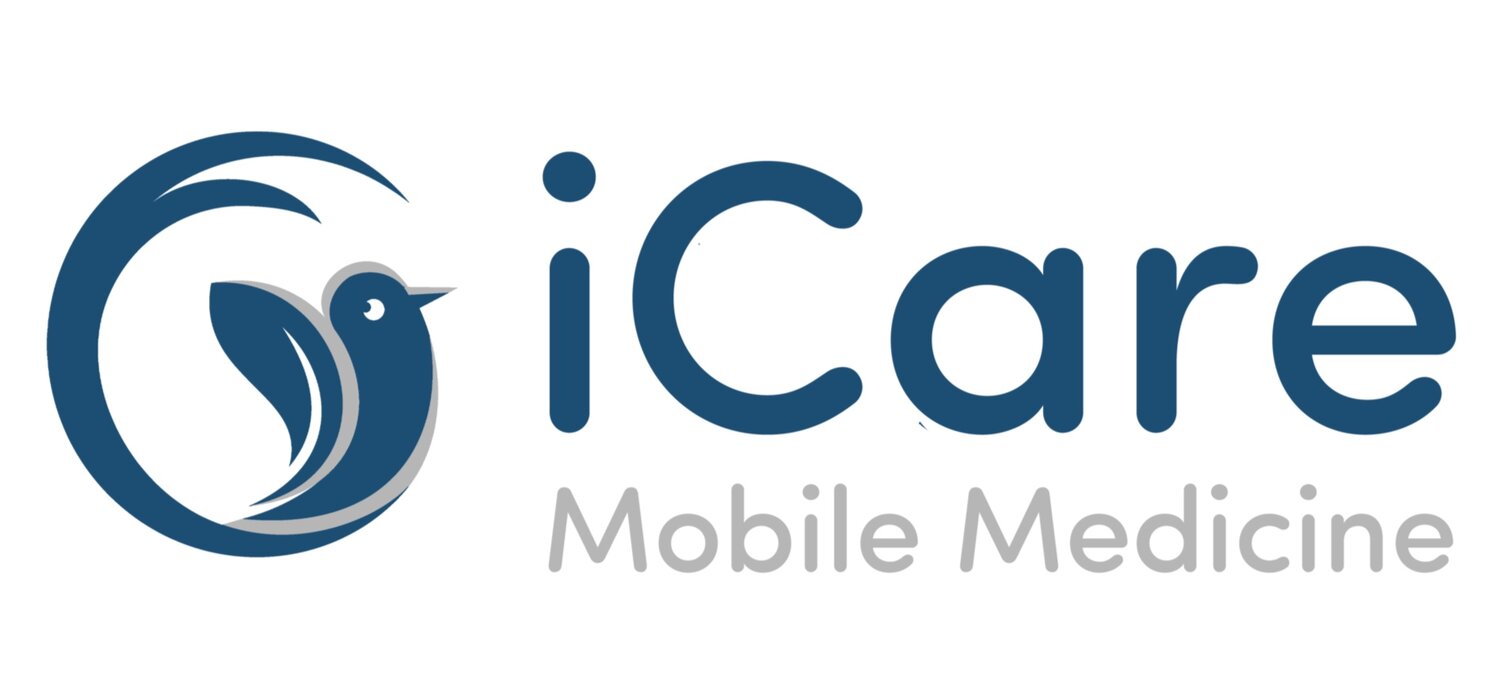Dehydration
Dehydration is the absence of a sufficient amount of water in your body. The best way to beat dehydration is to drink before you get thirsty. If you’re thirsty, you’re already mildly dehydrated, and that can cause symptoms like headache, fatigue, dizziness and more. Dehydration can contribute to life-threatening illnesses like heatstroke.
What is dehydration?
Warm weather brings with it thoughts of cool ocean breezes, napping in a hammock and sipping a tall glass of lemonade. Now hold on to the mental image of that lemonade because summer is also a time to be wary of dehydration: the lack of sufficient water in your body, specifically in your cells and blood vessels. Even losing a little bit, as little as 1.5% of your body’s water, can cause symptoms. Those symptoms can be as simple as a slight headache, or the dehydration could contribute to a life-threatening illness like heatstroke (hyperthermia).
Your body’s natural response to inadequate hydration is thirst. You should respond to thirst right away by drinking fluids – preferably water. Drink enough water to prevent yourself from feeling thirsty! Water has zero calories!
What does water do for your body?
Between about 55% to about 78% of your body is made of water. Newborn babies are about 78% water, a year-old baby is 65%, adult men are about 60% and adult women are about 55%. Your brain is made up of 73% water, and so is your heart. Your bones are 31% water, muscles and kidneys are 79% and your skin is 64%. A whopping 83% of water makes up your lungs.
Water helps:
Aid digestion and get rid of waste.
Work your joints. Water lubricates them.
Make saliva (which you need to eat).
Balance your body’s chemicals. Your brain needs it to create hormones and neurotransmitters.
Deliver oxygen all over your body.
Cushion your bones.
Regulate your body temperature.
Act as a shock absorber for your brain, your spinal cord and, if you’re pregnant, your fetus.
Water is important to your body, especially in warm weather. It keeps your body from overheating. When you exercise, your muscles generate heat. To keep from burning up, your body needs to get rid of that heat. The main way the body discards heat in warm weather is through sweat. As sweat evaporates, it cools the tissues beneath. Lots of sweating reduces the body's water level, and this loss of fluid affects normal bodily functions. Drink water!
Dehydration symptoms
Thirst isn't always a reliable early indicator of the body's need for water. Many people, particularly older adults, don't feel thirsty until they're already dehydrated. That's why it's important to increase water intake during hot weather or when you're ill.
The signs and symptoms of dehydration also may differ by age.
Infant or young child
Dry mouth and tongue
No tears when crying
No wet diapers for three hours
Sunken eyes, cheeks
Sunken soft spot on top of skull
Listlessness or irritability
Adult
Extreme thirst
Less frequent urination
Dark-colored urine
Fatigue
Dizziness
Confusion
When to seek care
Call your family doctor if you or a loved one:
Has had diarrhea for 24 hours or more
Is irritable or disoriented and much sleepier or less active than usual
Can't keep down fluids
Has bloody or black stool
Trusted Sources:
